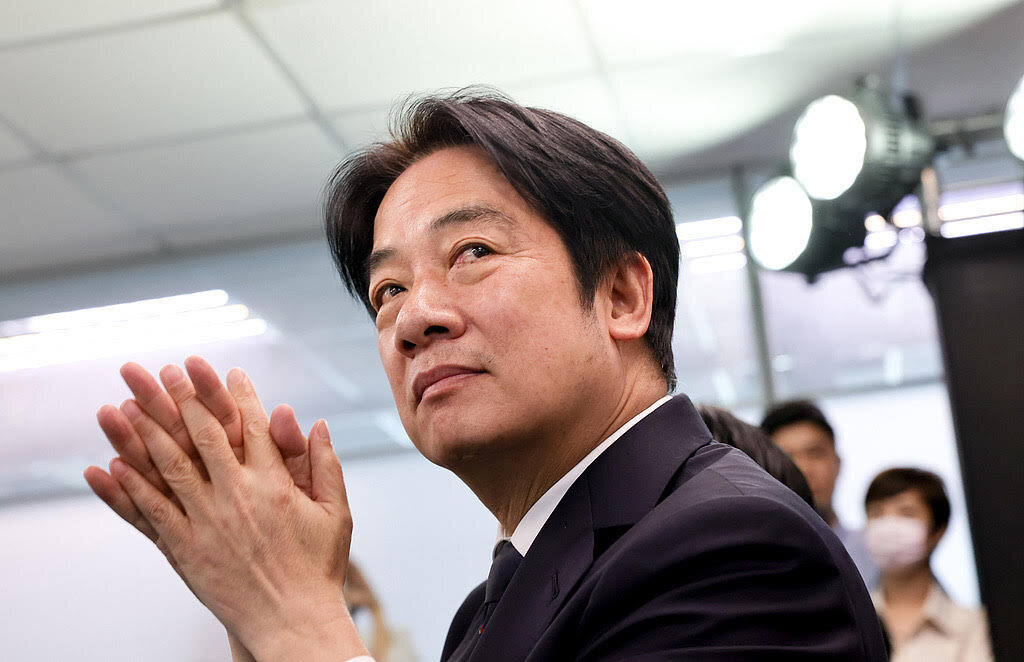How Lai Ching-te's Hawaii stopover risks cross-Strait stability

Recently, Lai Ching-te, the leader of China’s Taiwan region, visited Hawaii as part of a broader tour through Pacific island nations. Lai’s “stopover” has drawn sharp criticism from Beijing and once again brought the Taiwan question to the forefront of U.S.-China relations.
Why is Beijing so upset? For China, the Taiwan question concerns national sovereignty and territorial integrity. Lai’s visit, which included stops in the Marshall Islands, Tuvalu, and Palau, was framed as a “diplomatic mission.” However, his stop in Hawaii on the way to these nations appears to have been a calculated political move. Though it was presented as a mere “transit,” the visit was intended to gain support from the United States and enhance Taiwan’s international standing.
From Beijing’s perspective, any move by Taiwan’s leadership to seek international recognition or support is viewed as an attempt to push for “Taiwan independence,” a red line that Beijing has consistently stated it will not tolerate.
In response to Lai’s trip, China has warned the United States sternly. It condemned Washington for arranging the “stopover” in Hawaii and later to Guan. The Chinese Foreign Ministry also urged the Biden administration to honor its commitment to the one-China principle, which asserts that there is only one China and Taiwan is an inseparable part of it. Furthermore, Beijing called on the U.S. to cease any official interactions with Taiwanese representatives, as previously promised by the U.S. government.
The U.S. approval of a $385 million arms sale to Taiwan has further complicated the situation. China has strongly condemned the action, stating that it seriously violated the China-US joint communiques, especially the August 17 Communiqué. According to the August 17 Communiqué on U.S. arms sales to Taiwan, the United States made three commitments: first, that the performance and quantity of weapons sold to Taiwan would not exceed the levels seen in the years immediately following the establishment of diplomatic relations between the U.S. and China; second, that the U.S. would gradually reduce arms sales to Taiwan; and third, that this issue would be resolved over time.
These communiques form the basis of U.S.-China relations. But Lai’s visit and the sale of U.S. arms to Taiwan betrayed Washington’s political promise, sending a dangerous signal to separatist forces on the island.
This is not the first time such “stopover” visits have sparked tensions. Last year, former leader Tsai Ing-wen stopped in the U.S. on her way to Central America, where she met with then-House Speaker Kevin McCarthy. In response, China launched a three-day military exercise around Taiwan. Similarly, shortly after Lai assumed office in May and delivered a separatist speech, the Eastern Theater Command of the People's Liberation Army launched the “Joint Sword-2024A” military exercises. Later in October, following Lai's promotion of the “New Two-State Theory,” the “Joint Sword-2024B” military exercises were again triggered.
Beijing carefully watches each visit to the U.S. by Taiwan region’s leaders. As we have seen in recent years, these "stopovers" can lead to military responses and further strain cross-Strait relations and Sino-US bilateral ties.
As the situation unfolds, we must not underestimate the determination of China’s resolve on this issue. Beijing has made it clear that it will not tolerate any moves toward “Taiwan independence” and is prepared to take whatever measures to defend its sovereignty. Whether through diplomatic pressure, economic sanctions, or military action, China’s commitment to reunification remains unwavering, and any challenges - such as Lai’s visit - are likely to provoke a strong response from Beijing.
We must recognize the stakes involved in cross-Strait relations. This issue is not only a matter of bilateral relations between the U.S. and China, but it is also critical to the stability of East Asia and the future of international diplomacy. The One-China principle is the foundation of peace across the Taiwan Strait, and any challenge to this principle risks destabilizing the region and triggering serious consequences.
Looking ahead, China may launch a new round of military exercises or take other actions in response to Lai’s visit and his continued separatist actions. Beijing’s position is clear: any attempt to alter the status quo will be met with a firm response. The future of Taiwan, the broader region, and U.S.-China relations hinges on respect for China’s sovereignty and territorial integrity. As such, the international community must remain vigilant and seek diplomatic solutions to avoid further escalation.
